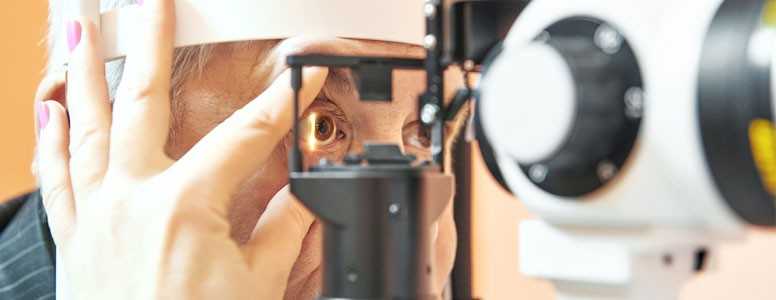Gastric bypass surgery reduces the risk of diabetic retinopathy in obese patients with type 2 diabetes irrespective of whether or not they experience diabetes remissio, research suggests.
Scientists from Aarhus University in Denmark discovered that patients who underwent Roux en-Y gastric bypass (RYGB) surgery, the most common type of gastric bypass, had a significantly greater chance of avoiding diabetes retinopathy after six years.
The findings were presented at the European Association for the Study of Diabetes (EASD) 2017 Annual Meeting by lead author Lene Ring Madse, MD. Madsen told Medscape Medical News: “What you can learn from my study is that it does not seem harmful on diabetic retinopathy to do a Roux-en-Y gastric bypass in people with type 2 diabetes. They might even do better than those who do not get the surgery.”
Session moderator Massimo Porta, professor of internal medicine, University of Turi, Italy, said of the findings: “This is one of the first papers to show that improved metabolic control [via surgery] is linked to arrest of progression of diabetic retinopathy. I don’t know if you can base the decision for surgery only on that, but certainly it’s an additional piece of information.”
Previous research has shown that gastric bypass surgery can help regulate blood sugar levels sufficiently well to put type 2 diabetes into remissio, but rapid improvement in sugar levels has often been linked with short-term worsening of retinopathy.
The new study involved 96 patients with type 2 diabetes who had a presurgical BMI greater than 48 kg/m2, all of whom underwent RYGB surgery. They were compared with a control group of 48 people, matched for obesity and diabetes status, who did not undergo the procedure.
Fifty per cent (48) of the surgery cohort experienced remissio, which was defined as having an HbA1c below 6.5% (48 mmol/mol).
Only two per cent of remission participants displayed severe retinopathy, compared to 11 per cent in the control group and 19 per cent of surgery participants who didn’t experience remission.
The researchers concluded: “In our cohort RYGB operated both with and without T2D remission have a significant reduced risk of diabetic retinopathy compared to non-RYGB matched controls. RYGB does not seem to provoke deterioration of retinopathy despite rapid improvements in blood glucose levels.”
The abstract of the study is available on easd.org.
What's new on the forum? ⭐️
Get our free newsletters
Stay up to date with the latest news, research and breakthroughs.




